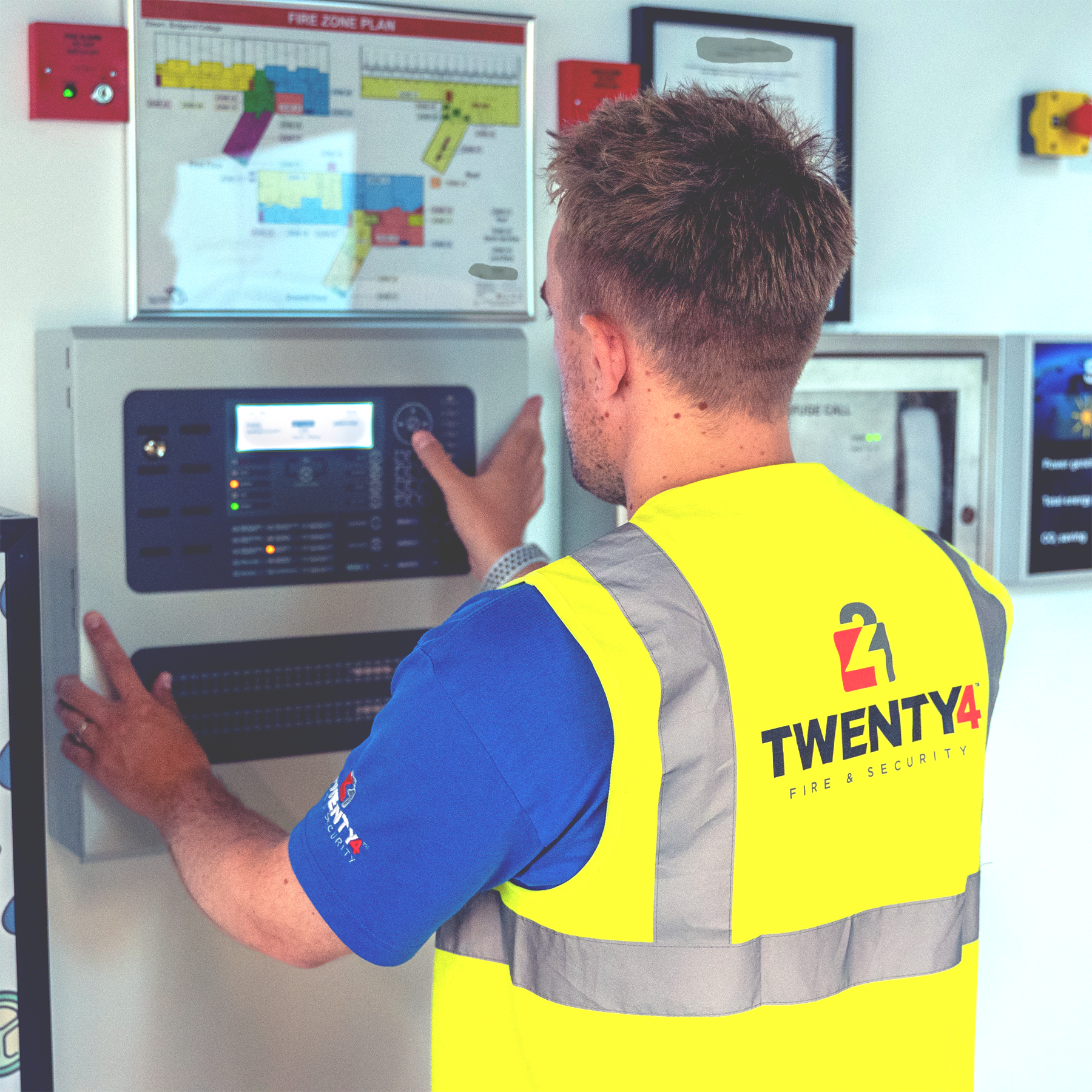Are you paying attention to your fire extinguishers?
It is a legal obligation for all businesses to have them and most business owners know they should be serviced but with so much already on your mind are yours getting overlooked?
Despite the obvious benefit of having a properly working fire extinguisher ready at your premises when you need it, there are a few other reasons getting yours regularly serviced makes perfect sense. These units are highly pressurized and whilst you will be glad of this should you have to use them it does make them potentially dangerous. We have seen older units, with 20 years since its last servicing, in this extreme case we were unable to do anything with the units and a specialist with safety gear was needed to be called out to transport the units away. This cost vastly more than was previously envisaged. In the event of a fire, these would have likely just exploded on use, causing a real danger to the user.
How do you think you will come out from a deep investigation?
As well as safety, the fines for this kind of indiscretion are quite large, any fire officer would spot fire extinguishers servicing being out of date and then also want to do a very thorough check across the whole of the premises. In our experience, this often leads to a long list of problems to deal with!
You might think you are covered and would come out well but often it’s the little things that get forgotten, did you know you should be doing a weekly visual inspection of all extinguishers and have a written log of that process? We come across many businesses that do not and if you are one of those its a really quick and easy fix, you can either download a template or get in touch and we can provide one for you.
Fire Extinguisher Types
Depending on the fire you may need to use a specific type of fire extinguisher to combat it. Fires are all classified and the variety of extinguisher is labeled accordingly. The Classes are defined by the materials that are involved in the fire:
- Class A – fires involve solid combustibles like wood and paper etc
- Class B – Fires that involve flammable liquids like oil or petrol
- Class C – Fires involving flammable gases like propane or methane
- Class D – Fires involving flammable metals like magnesium or sodium.
- Class F – Fires with combustible cooking materials like oil and grease.
- Electrical Fires – Involving electrical appliances like computers or fuse boxes.
Depending on which of the above you are fighting you would need a specific extinguisher type as the wrong type could lead to the situation getting much worse.
The types of extinguisher are:
- Water extinguisher – These are class A extinguishers and this particular type is only suitable for this class of fire, use on other classes would result in additional problems and have dangerous consequences.
- AFFF Foam – Used on Class A & B with some having the added benefit of being dielectrically tested so that they can be used around electrical fires too.
- Carbon Dioxide CO2 – Class B rating and can be used on electrical appliances.
- ABC Powder – Very versatile extinguishers that can be used on Class A, B, C, and electrical fires. The powder though can be inhaled and so they are not recommended for small rooms and offices.
- Water Mist – For class A, B, C, F, and maybe surprising electrical fires. The reason they can be used near electrics is that the mist does not form puddles and so there is no risk of electrocution.
- Wet Chemical – Designed for fires involving cooking materials like oils and grease these can normally also be used for class A fires too. They are not designed for Class B fires other than one exception which is the Gloria wet chemical fire extinguisher.
It is worth mentioning in all this that the best advice with all fires is getting out, stay out and phone 999! We would also like to point out that legislation changes all the time and so getting the most up to date information and advice are always the best practice.
Fire Extinguisher Maintenance
Yours should be regularly serviced so that you can rely on them if you do ever need them. As well as the obvious benefits you have a legal responsibility if you own the business or are responsible for the building to ensure you have a maintenance program that includes all extinguishers are being serviced to the appropriate BS 5306-3:2017 standard.
If you are concerned with anything you have read about then do feel free to get in touch and speak to one of our experts.




